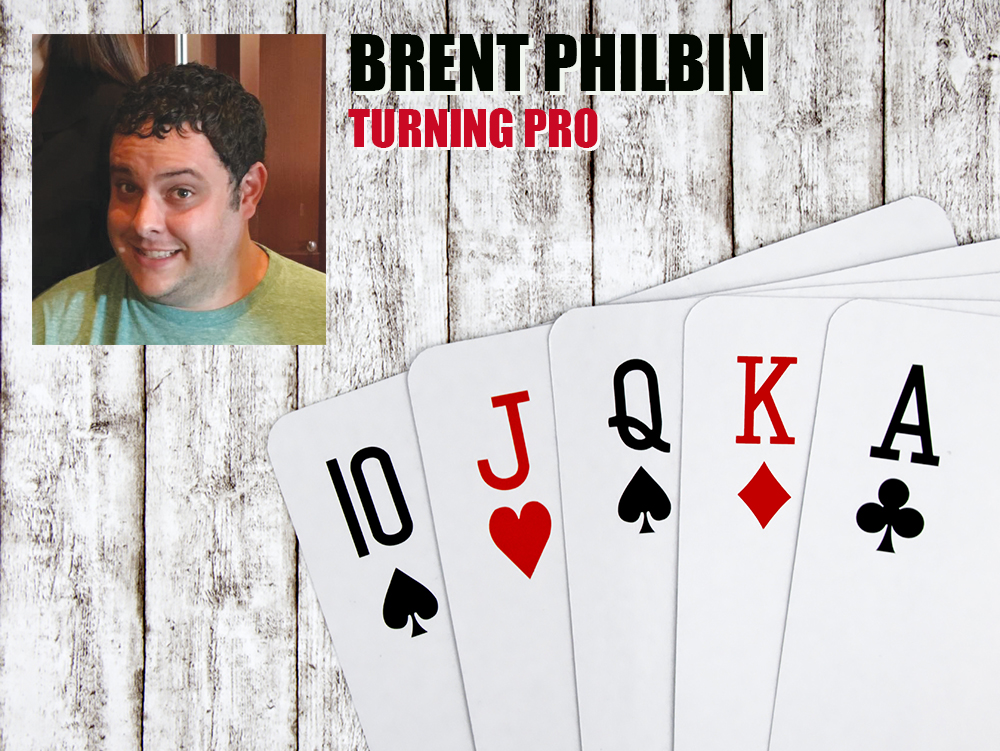While playing this game, it’s important to remember there are little things you can do that, when combined, have a large effect on your bottom line.
These aren’t going to make a break-even player a winner, but if you’re winning, using some of these tips could improve your hourly rate. Don’t just take my word for it, I brought in some heavy hitters to help me out: two-time bracelet-winner Steven Wolansky and Seminole Hard Rock pro Michael Laake.
First, here are a couple of mine:
Against a novice player, chose which chips to bet wisely. When I’m playing someone I don’t think is paying enough attention to the intricacies of the game, I will often decide to make bets with bigger chips when I want them to be more likely to call.
In a simple way, $400 in red $5 chips looks a lot more intimidating than three black $100 chips and four $25 green chips.
This absolutely should not factor into your decision with any player you believe is thinking about these things.
Don’t worry about your bet size if you don’t believe your opponent has a “fold button.”If you really don’t think your opponent is going to fold to your river bet because they’ve made that decision and that’s that, you need to be moving all-in, or close to it, no matter how much is in the pot or what you bet on the last street. The first time you bet $800 into a $100 pot and get called you can email me for my Ethereum address and send a thank you.
Michael Laake
Pay attention to your opponent’s amount of chips.Take a quick look at your opponent’s stack and size it up.
If someone has four stacks of red ($5 chips), $275 worth of green ($25 chips), and four odd red chips on top, I’m likely betting an amount that does not exceed $295 because breaking into a fresh 20 stack actually creates minor resistance.
Be aware of what the table’s opinion of you is. …and what you can do to be more friendly. You get so many breaks from people that are unwarranted when you’re friendly to them.I’ve actually had players tell me their exact hand on multiple occasions.
Steven Wolansky
Never listen to music. Thisis advice I’ve given on countless occasions. Why? Keep reading.
Focus on table conversations. There is so much said during a hand, after a hand, and even during a break that can really help you assess your opponent’s decision-making process down the line and make better decisions.
— Brent Philbin is a poker pro who lives in South Florida. You can reach him at Brent.Philbin@gmail.com.



